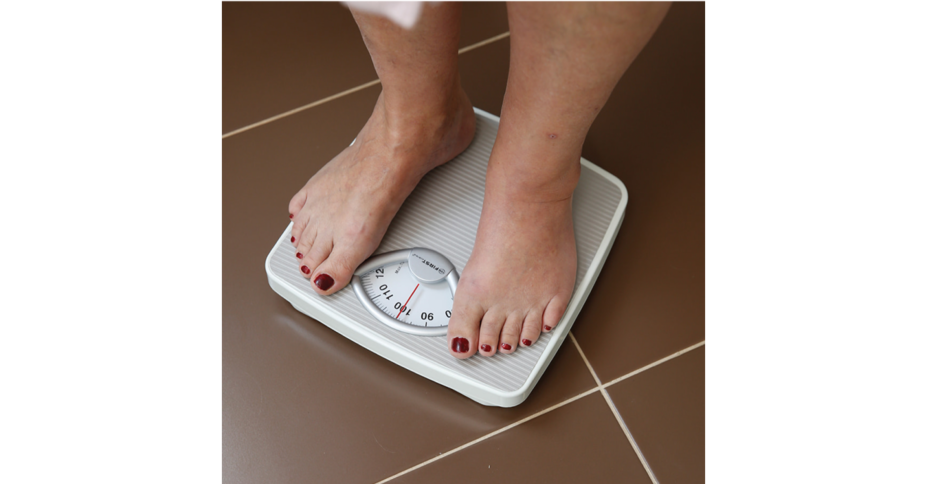
HEART FAILURE CAN CHANGE THE STRUCTURE OF YOUR HEART
If you have Heart Failure, it doesn't mean your heart has stopped working. However, it does mean that the structure of your heart may have changed and isn’t working as well.
Not actual patients.
IT’S IMPORTANT TO NOTE NEW HEART FAILURE SYMPTOMS OR CHANGES TO CURRENT ONES
Heart Failure symptoms increase the risk of death and hospitalization but they often go unnoticed. Click on each symptom to learn more.
If you’re experiencing symptoms, or think you may be at risk of Heart Failure, talk to your doctor right away.
How much do you know about Heart Failure?
HEART FAILURE IS A SUDDEN EVENT, LIKE A HEART ATTACK.

Learn the risks of Heart Failure
Now that you know what to look for, find out why you should stay alert.
Not an actual patient.






